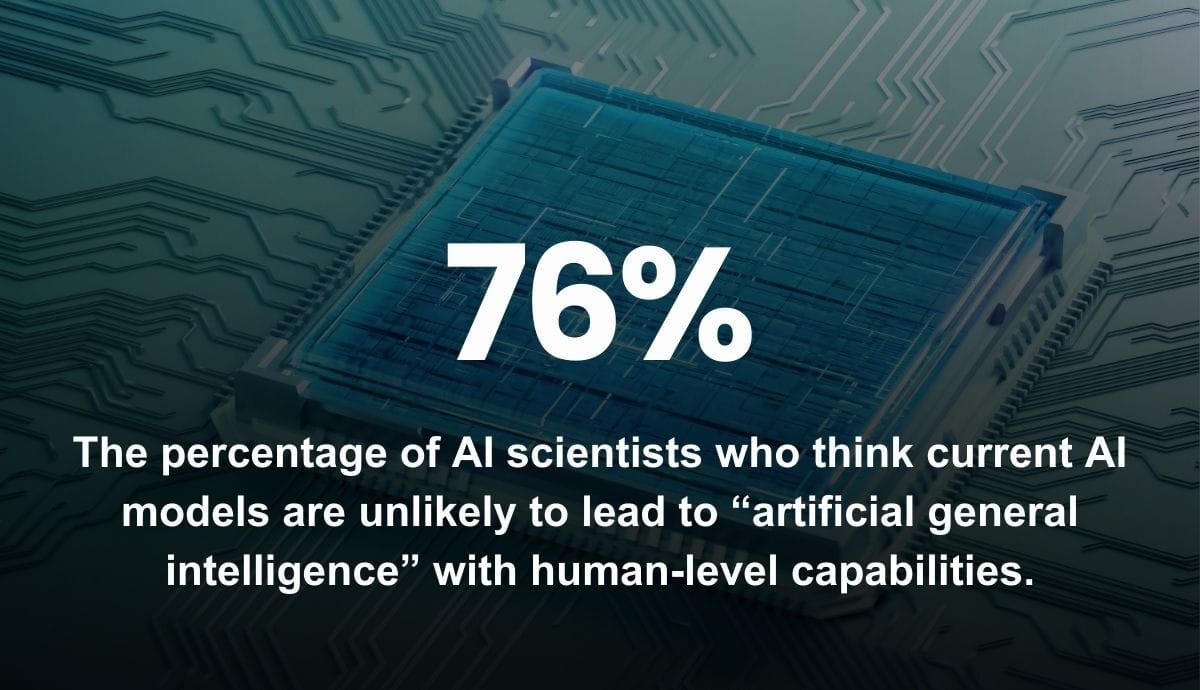- Sunrise Stat
- Posts
- 🌅 Wasting Billions on Scaling AI
🌅 Wasting Billions on Scaling AI

Uncover the power of a single statistic: Sign up for Sunrise Stat to find your intellectual clarity.
SOURCE
WHAT TO KNOW
Today’s generative AI models, like ChatGPT and Claude, are trained using an approach called “scaling,” in which companies use additional computational power (sometimes called “compute”) and larger datasets to develop “smarter” models. However, many AI scientists now believe the benefits of scaling have plateaued, with models only making incremental improvements in recent releases despite companies and investors continuing to pour tens of billions of dollars into a popular, yet potentially failed, approach.
WHY IT MATTERS
Those companies and investors are chasing a goal known as “artificial general intelligence” (often referred to by its acronym “AGI”), which, while ill-defined, essentially means AI with reasoning and performance capabilities on par with or exceeding that of humans. No matter the definition, more than three-quarters (77%) of the scientists included in the present survey said AI companies should be focused on developing systems with acceptable risk-benefit profiles, rather than simply pursuing AGI as an end goal.
CONNECT THE DOTS
Giants like Meta, Amazon, and Microsoft are projected to spend nearly $371 billion on AI data centers and computing resources in 2025, a 44% increase from the year prior (annual spending is expected to reach $525 billion in 2032). The surge in spending is an industry-wide reaction to the recent debut of R1 from Chinese AI startup DeepSeek (which we shared with you in January), a model on par with larger players like ChatGPT despite being developed at a fraction of the cost.